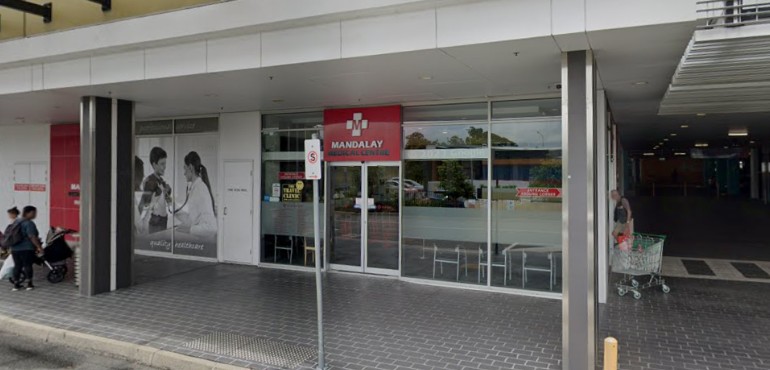As the Mandalay Medical Centre in Rockhampton announced its closure on December 1, panic has gripped patients like Jacqueline Vincent, who rely on its services for essential healthcare.
With a host of chronic conditions, including lung disease, asthma, fibromyalgia, and type 2 diabetes, Vincent is anxious about the looming closure of her trusted GP clinic, where she’s been a patient for decades.
The repercussions of this closure are reverberating across Rockhampton, and it’s not just the patients who are worried.
A Growing Concern in Regional Queensland
In a community where nearly everyone relies on the same medical centre, the closure poses a formidable challenge. Even with a healthcare card, finding affordable healthcare alternatives is becoming a pressing issue. New GPs seem reluctant to accept additional patients, leaving individuals like Vincent in a lurch.
Dr. Maria Boulton, head of the state’s Australian Medical Association section, disclosed that the condition isn’t unique to Rockhampton; it’s a rising worry in remote Queensland.
Hospital Pressure Mounts
The closure of vital medical facilities is also putting additional strain on the local hospital in central Queensland.
According to the Central Queensland Hospital and Health Service, in the first half of the year, nearly 7,000 Category 5 patients (patients with minor ailments) attended the emergency department who could have been treated elsewhere. This influx is raising alarm among both patients and medical experts.
For patients like Jacqueline Vincent, going to the hospital is typically a last resort, especially if they can’t get a last-minute GP appointment or if it’s after usual business hours. Patients are increasingly concerned about whether their ailments require immediate attention or if they can wait a week or two to see a doctor.
A Waiting Game for Urgent Care
Supporters have promoted the projected Medicare Urgent Care Clinic as a solution to overcrowded emergency departments, but the promised clinic in Rockhampton is still not operational. Despite 33 clinics operating, this delay is a growing concern for the community.
Seeking More Incentives for General Practitioners
Healthcare experts believe that the government’s incentives for GPs to bulk bill children, pensioners, and other concession card holders must be revised.
Dr. Boulton points out that the healthcare sector faces a looming shortage of over 10,000 GPs by 2031, emphasising the need for increased Medicare rebates. She asserts that GPs have two options: close their doors or charge out-of-pocket fees.
To encourage more GPs to work in regional Queensland, Dr. Boulton advocates reallocating funds currently used to attract interstate workers to the state. Additionally, she suggests implementing a comprehensive workforce plan across the sector.
The state government has also increased pay rates for rural generalists and funded additional GPs in rural areas to complete obstetrics training.





